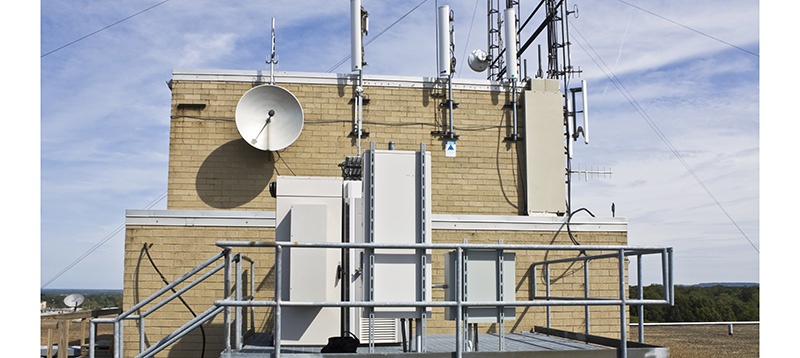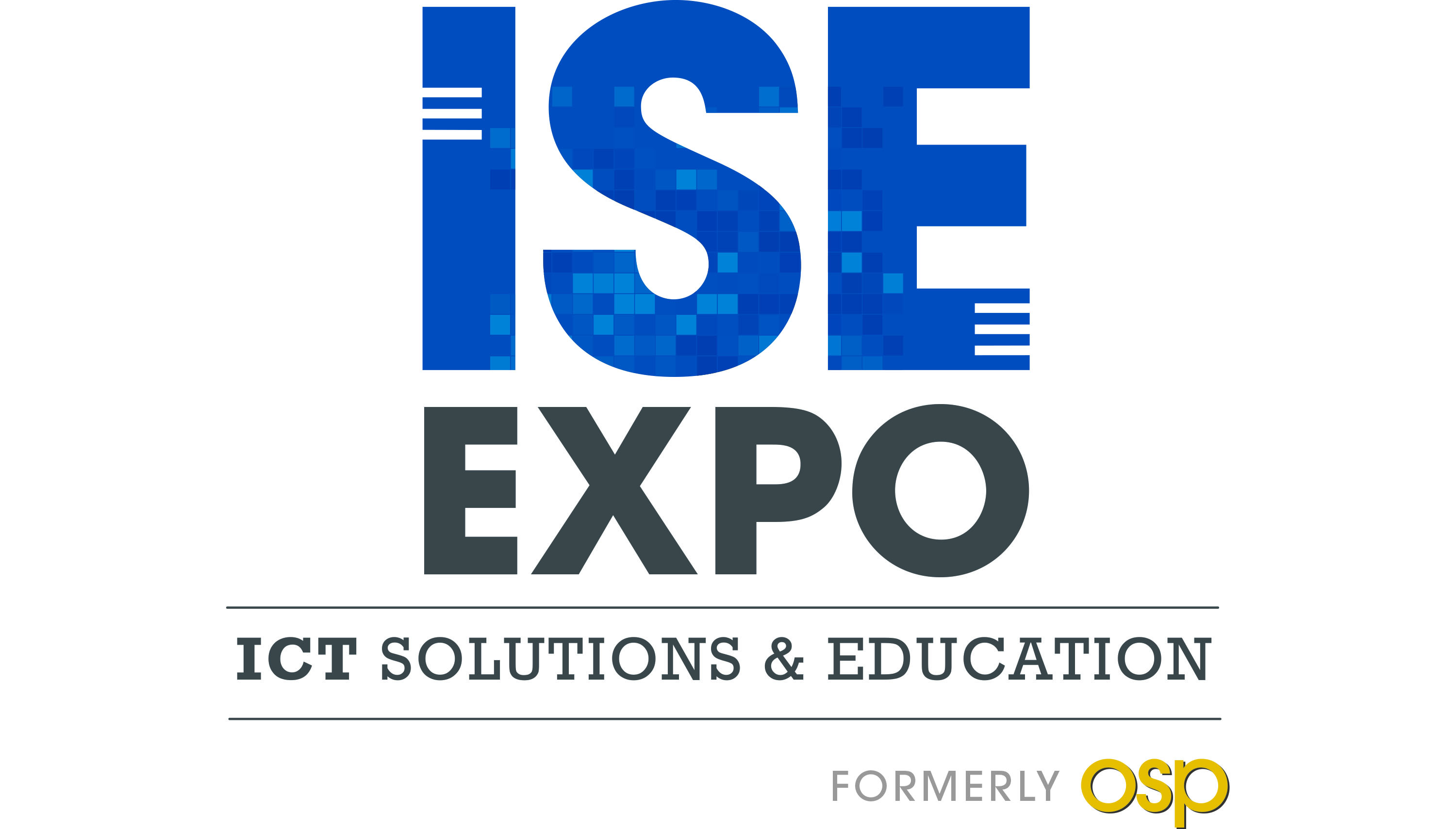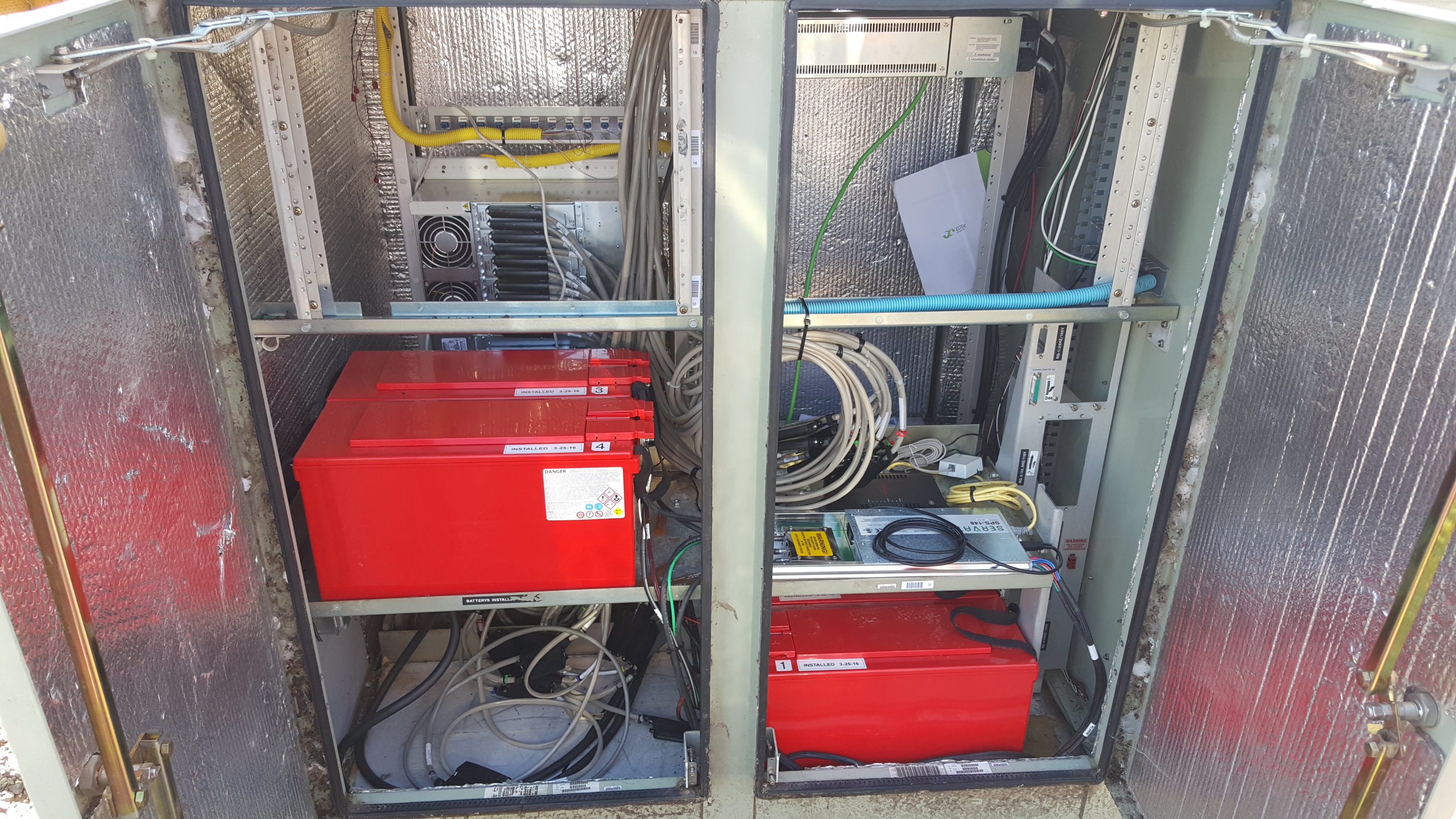After several relatively quiet years since Hurricane Sandy devastated the Northeast, 2016 has already seen a slew of powerful storms that have people worried. In recent months there was Hurricane Hermine that did not cause much lasting damage but did dump heavy rains on the Eastern Seaboard. Away from the Atlantic, Tropical Storm Newton brought unusual weather to the desert Southwest, and Super Typhoon Meranti, the strongest storm of 2016 which packed winds of up to 220 mph, hit Taiwan and China. Hurricane Matthew is bringing another round of heavy wind and rain to the Southeast.
Outside of these high profile storms, people across the United States watched as Baton Rouge and the surrounding Louisiana lowlands grappled with what was dubbed a “1,000 year storm,” with rains of a magnitude only seen every 40-50 generations. The flooding caused havoc in Louisiana and displaced tens of thousands.
Preparing for and managing the consequences of these natural disasters is important to mitigating the impact they can have. The most important element to disaster recovery are communications networks. These networks enable accurate response services and provide preventative and recovery crews the intelligence they need to make the right decisions under high-pressure circumstances.
Given the importance of communications infrastructure – particularly for emergencies like hurricanes – it is not surprising that operators take precautions to prevent downtime. After physical damage to the network equipment, the most critical element of communications infrastructure during disasters is power. Power outages are common during storms and preventing outages from impacting service is a key engineering and operational focus for telcos.
The most significant component for contingency planning and maintaining power to critical telecommunications networks during outages are Valve Regulated Lead Acid (VRLA) batteries. Even for sites that retain a generator, VRLA batteries serve as the power bridge from the start of an outage to when the generator is fully operational. Many more telecom sites are too small to justify a generator, and hundreds of thousands of sites across the country rely exclusively on batteries for backup power.
Maintaining these batteries is a major challenge for telcos. For decades the industry has relied on technicians to perform manual maintenance checks on batteries at sites. The sheer number of sites makes even an annual check of the batteries extraordinarily difficult to achieve, and so the reality is that most sites do not see regular battery checks or timely replacements. Instead, batteries are replaced on fixed cycles regardless if they are dead or have many years of life remaining. In some cases, they are not checked until a service outage calls attention to the battery failure.
Servato is helping telcos, and other companies that maintain batteries for backup power improve reliability and save money on battery maintenance. Servato solutions are designed not just to improve proactive measures for battery maintenance, but streamline site restoration decisions during emergency situations where outages have affected multiple sites.
[…]










